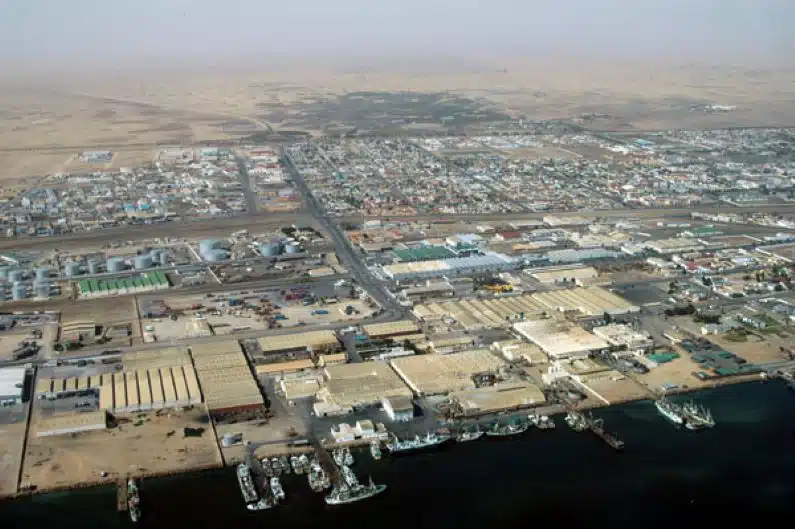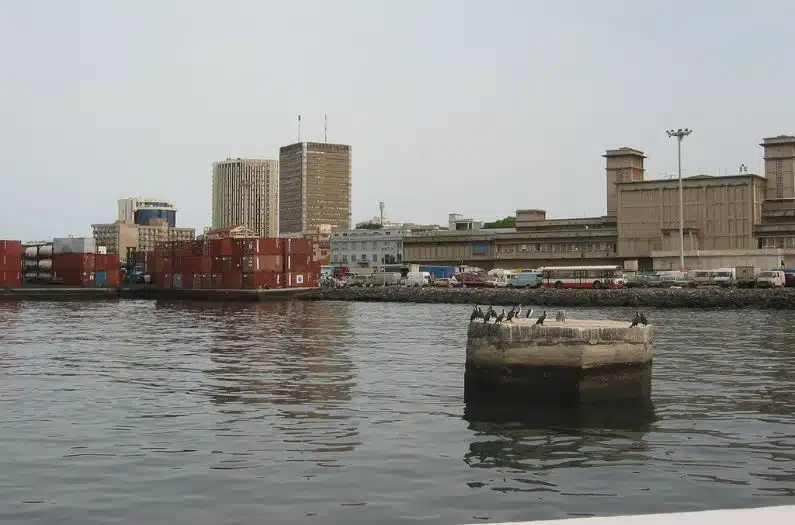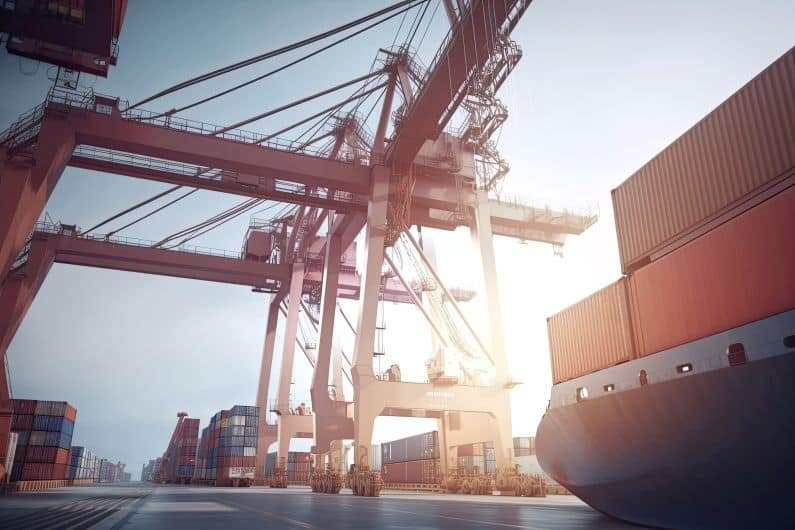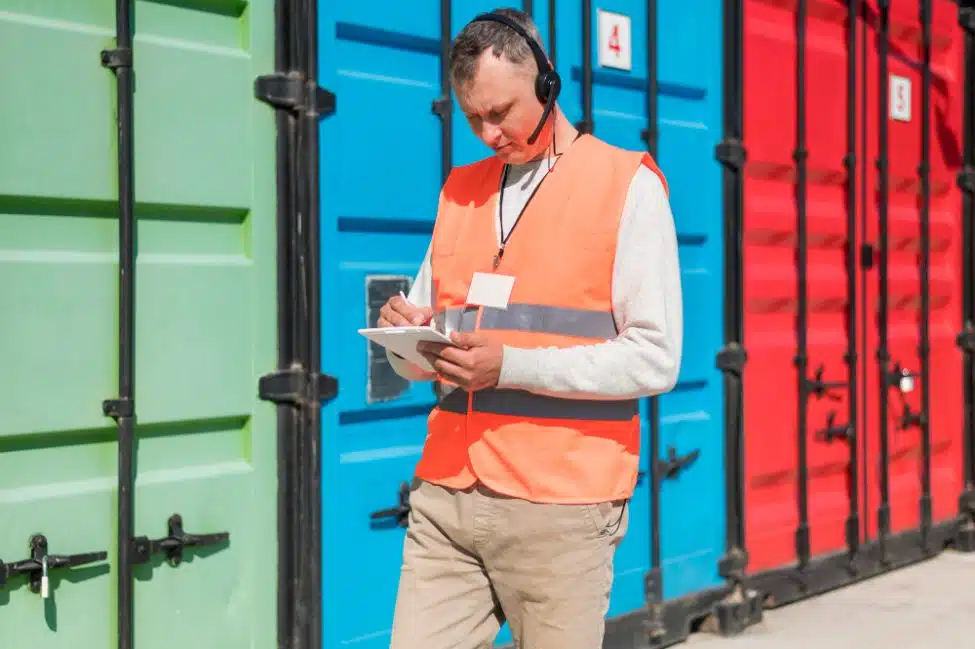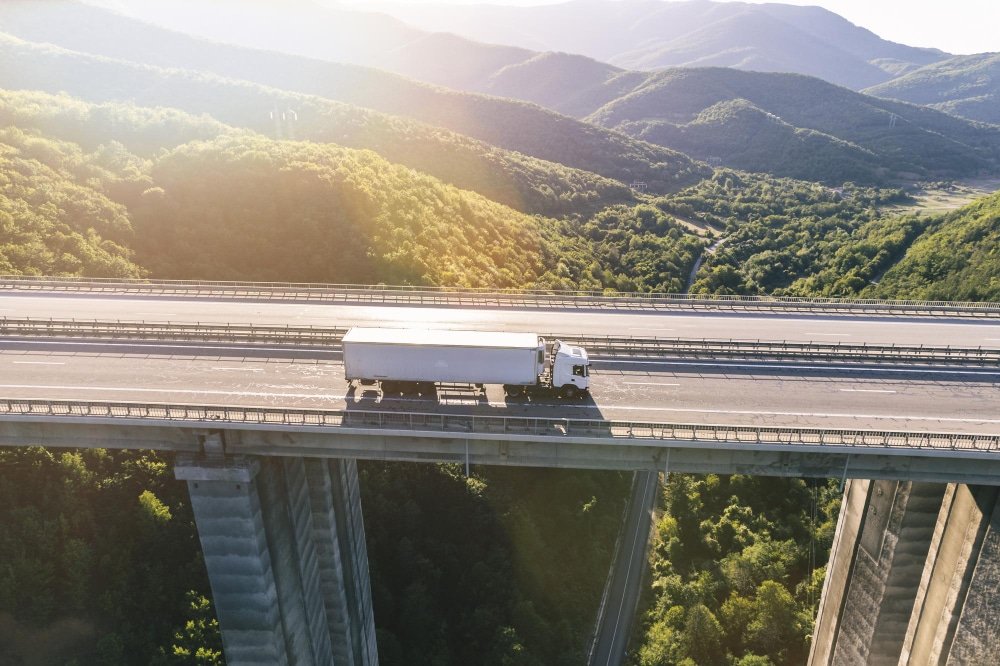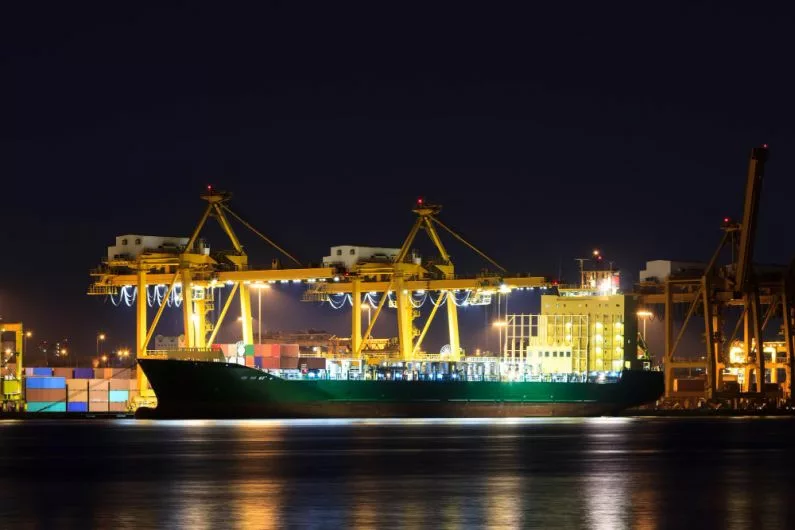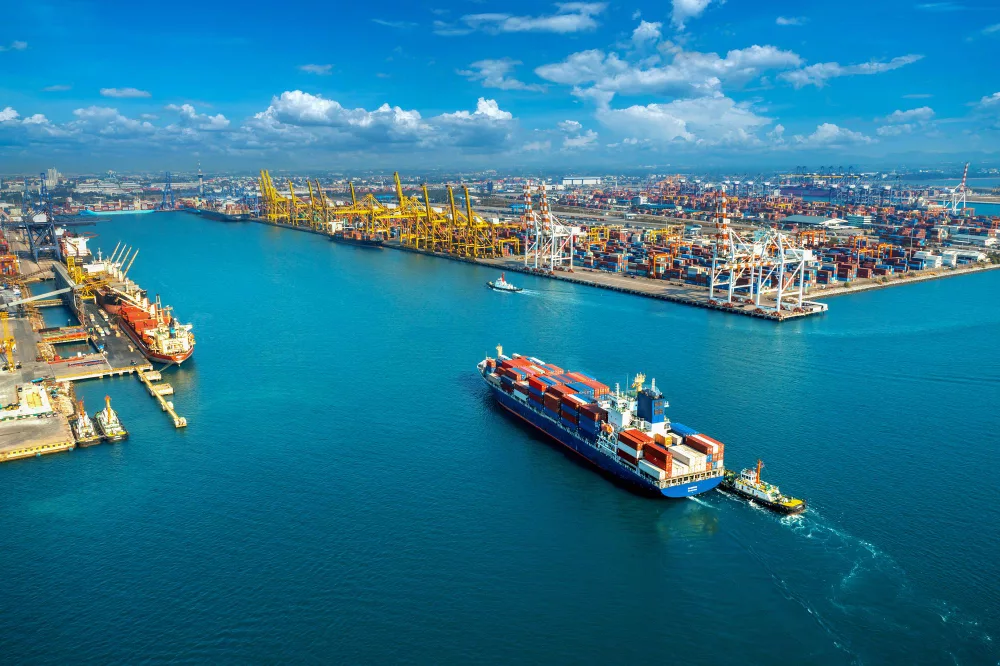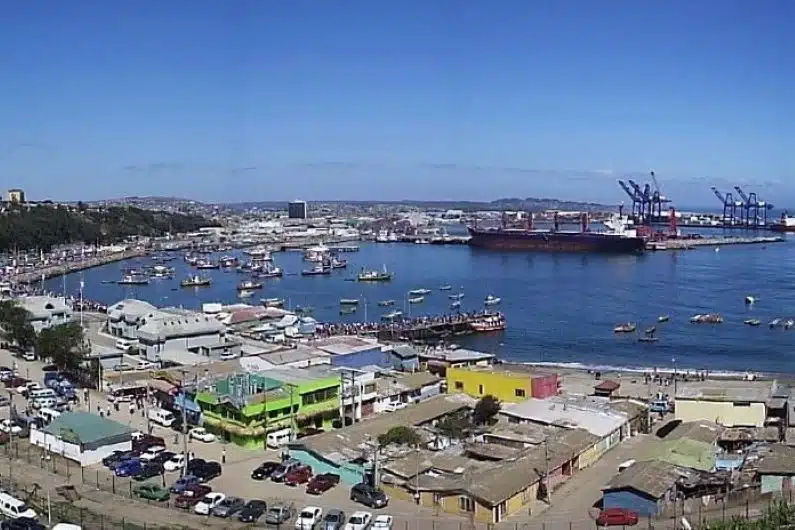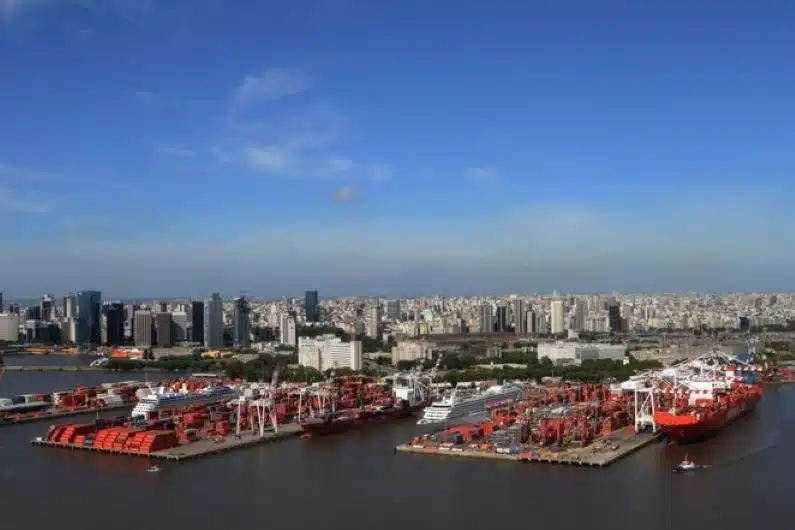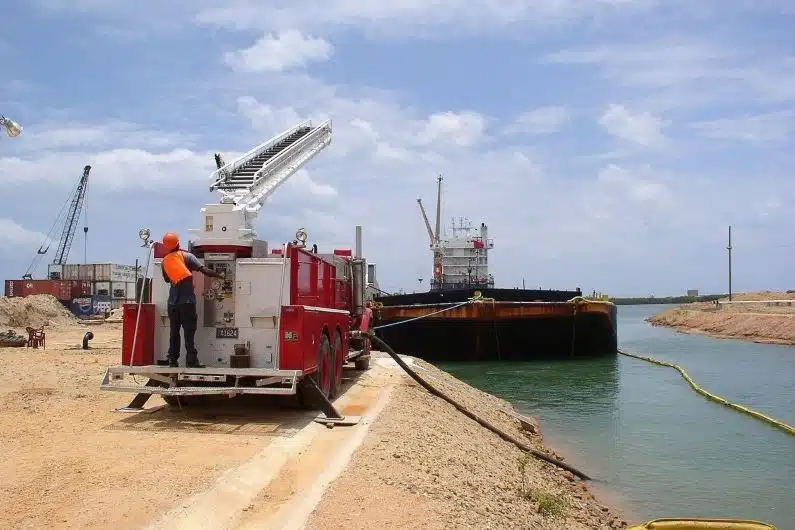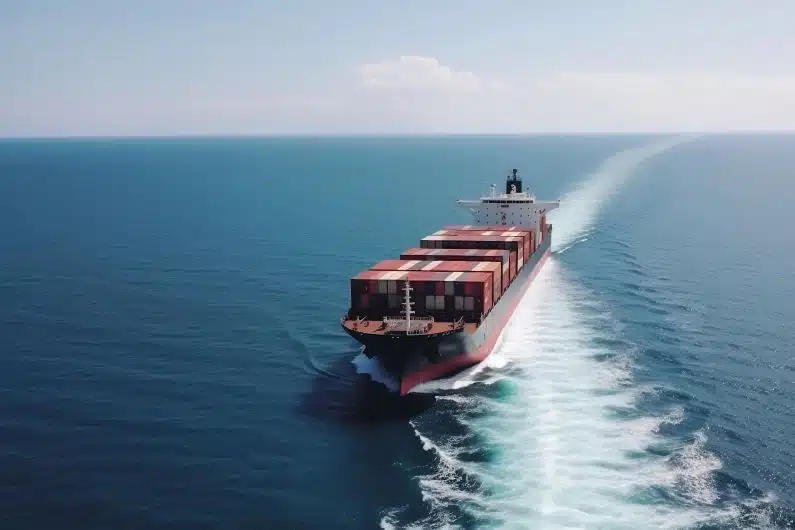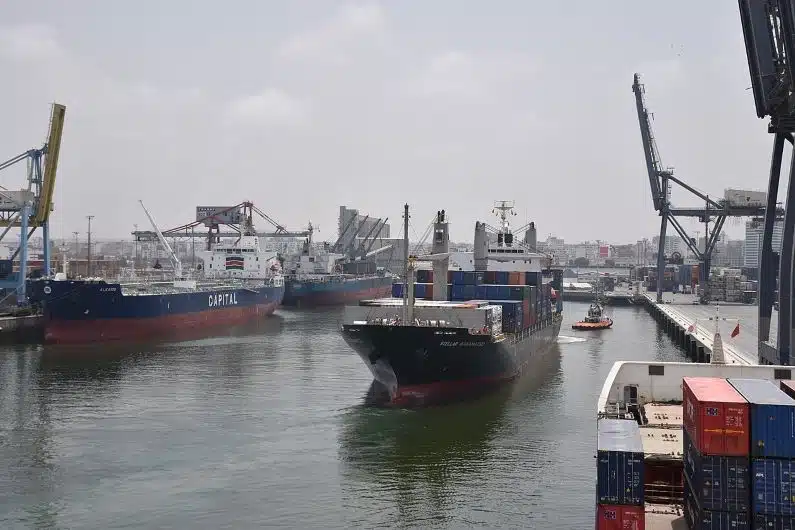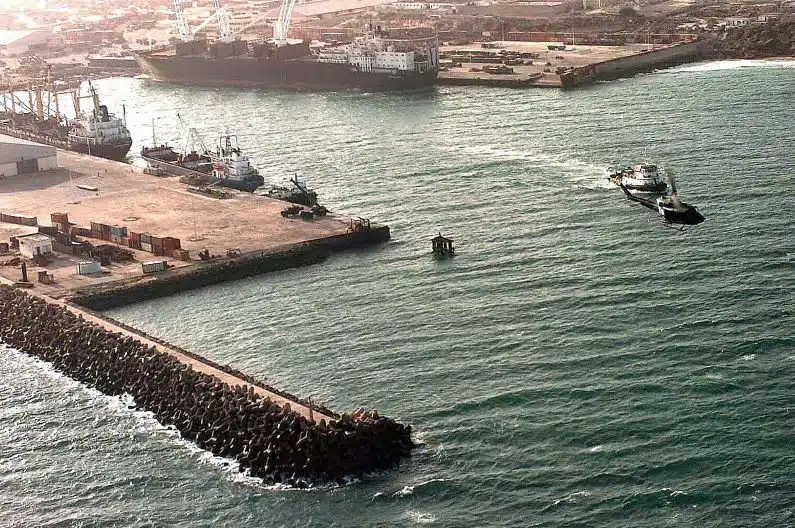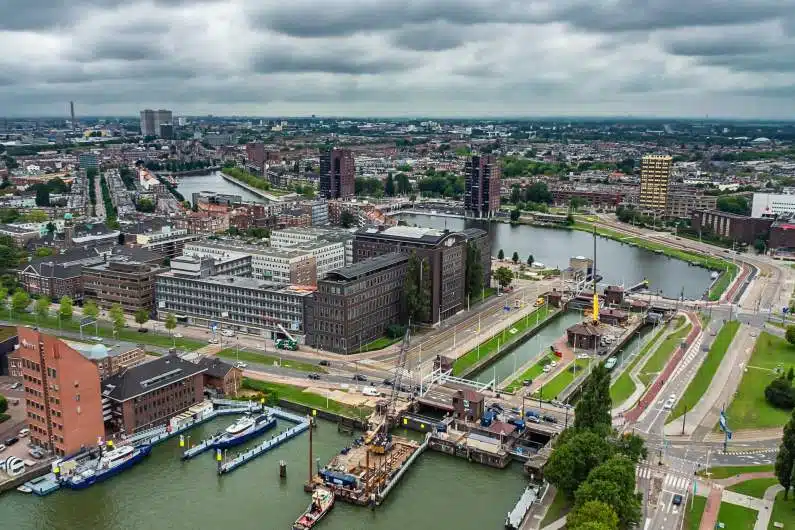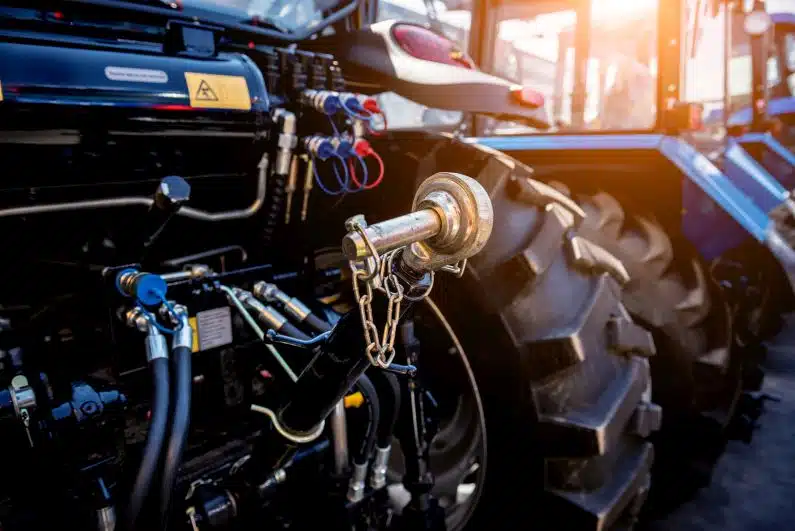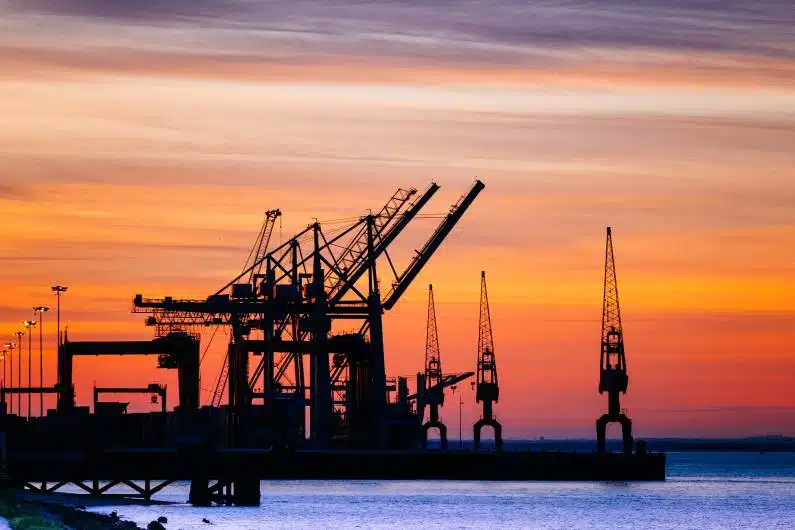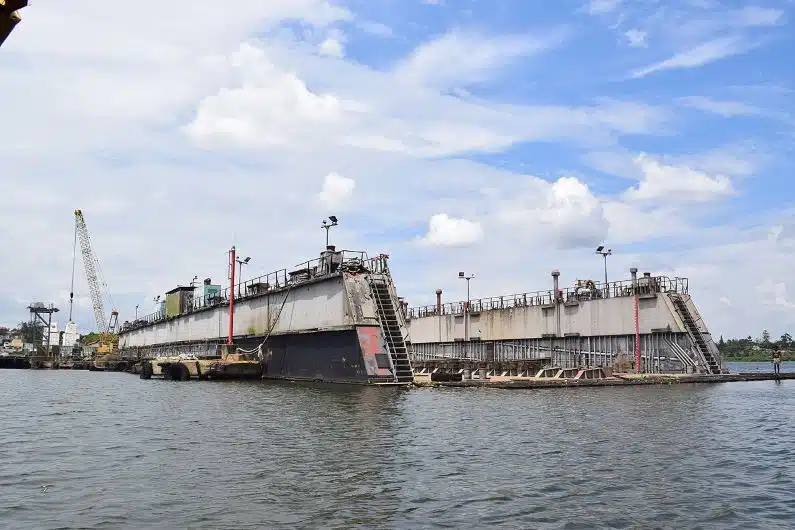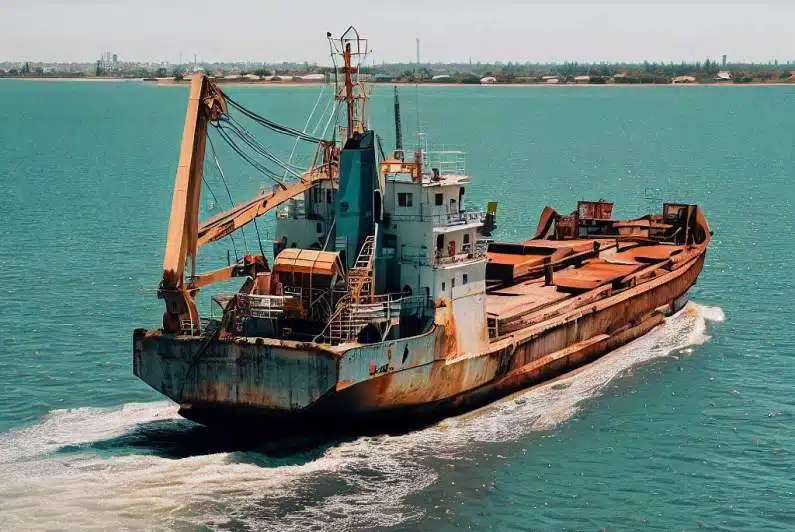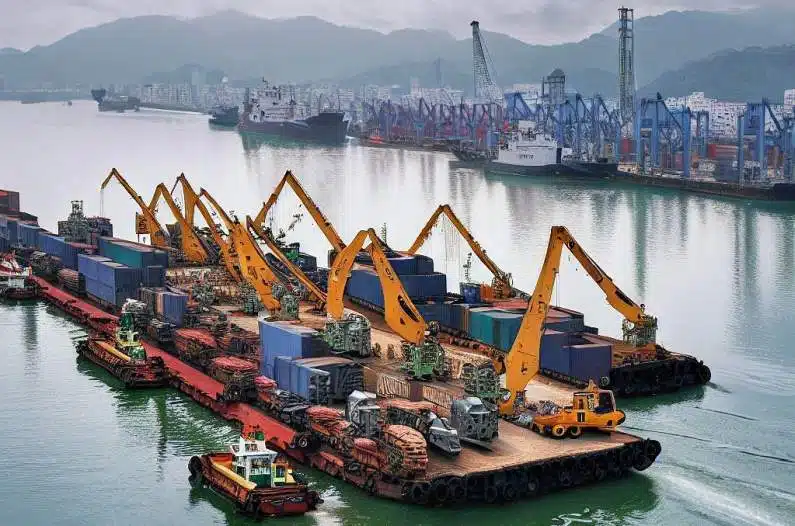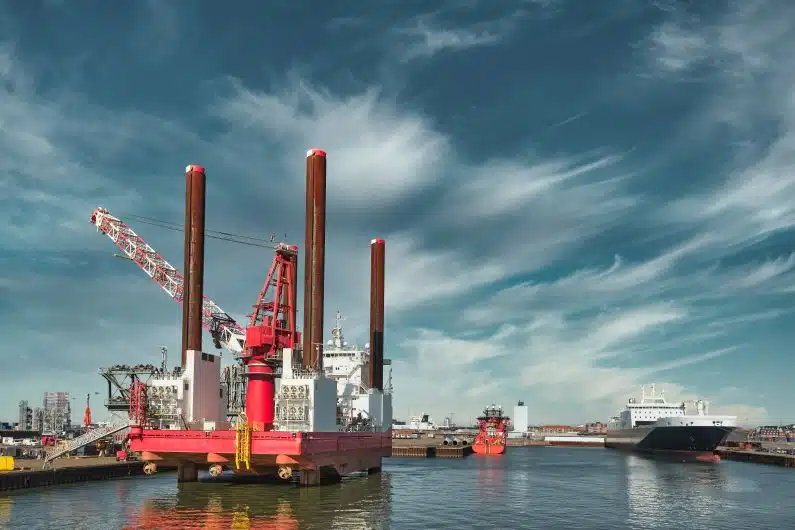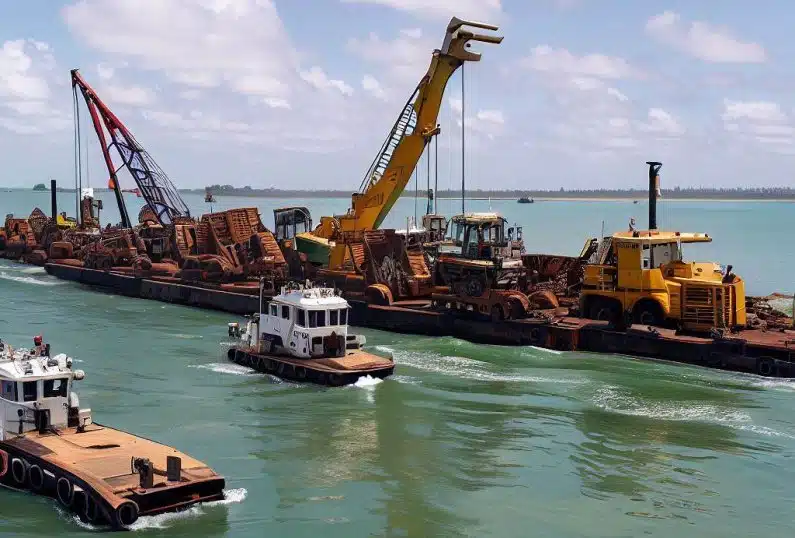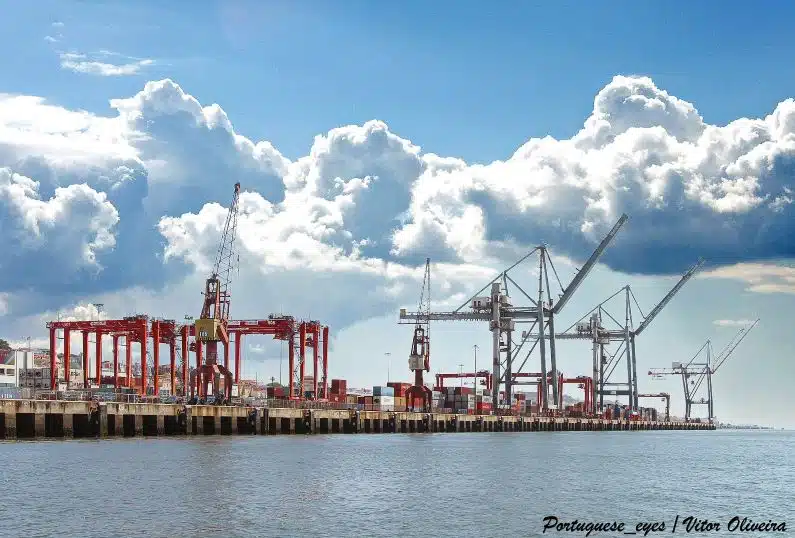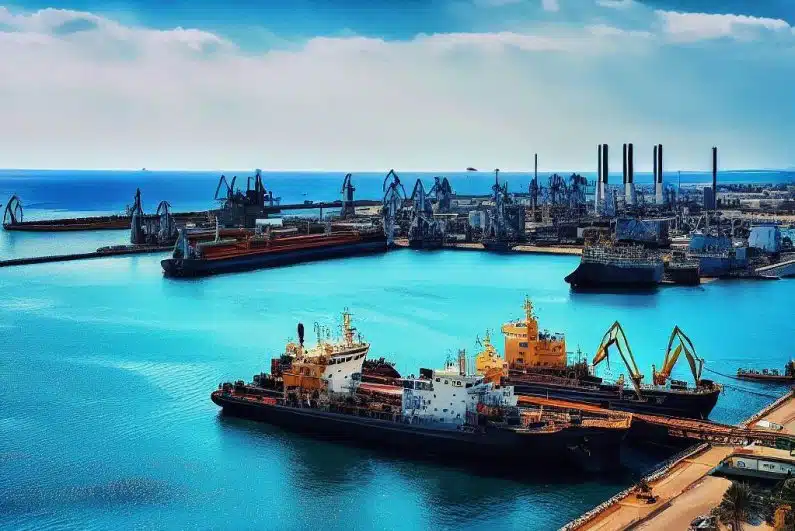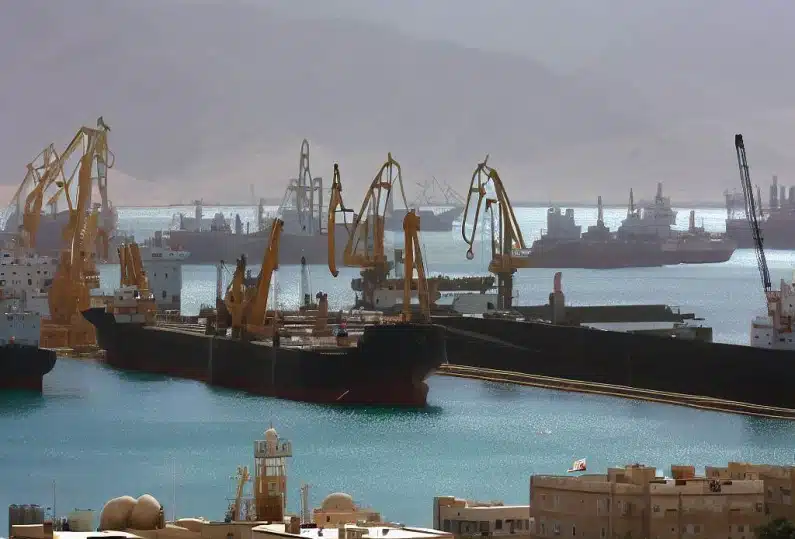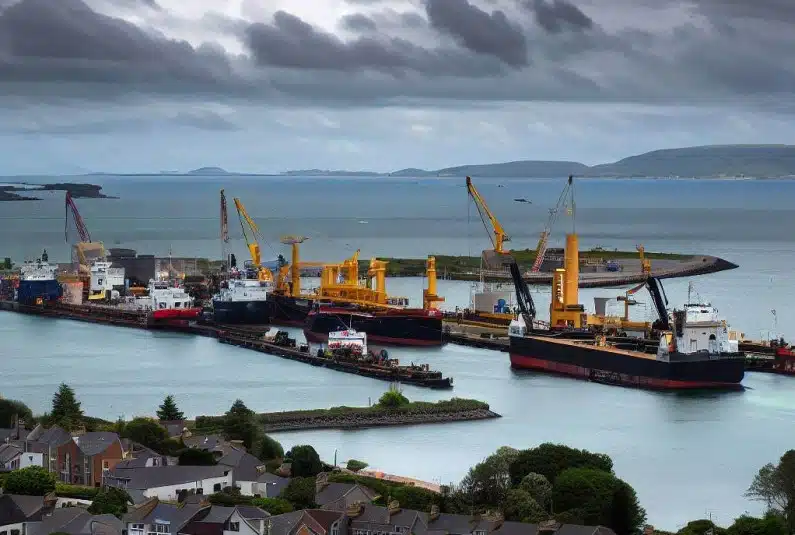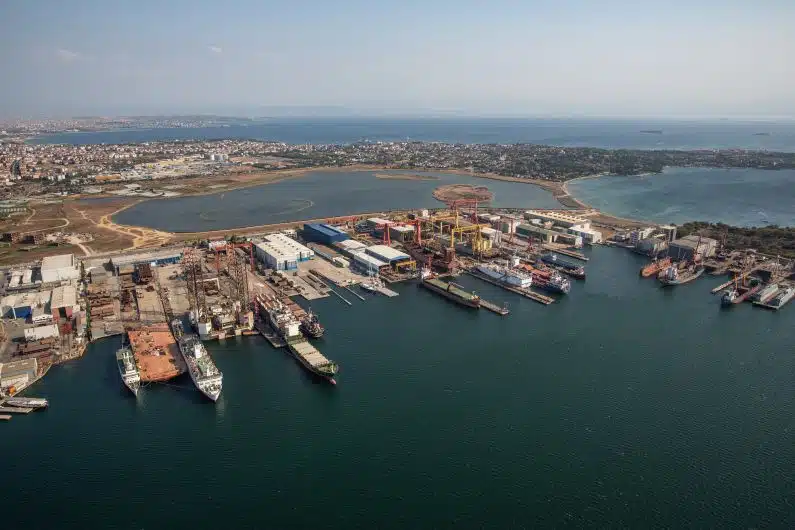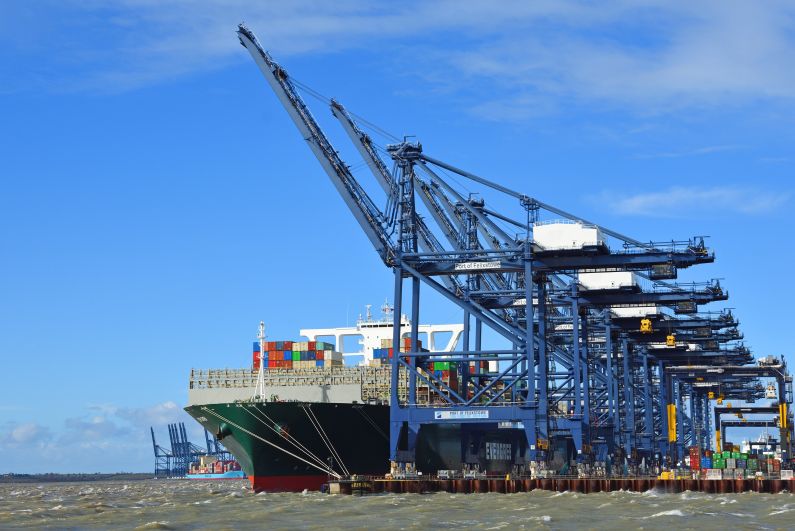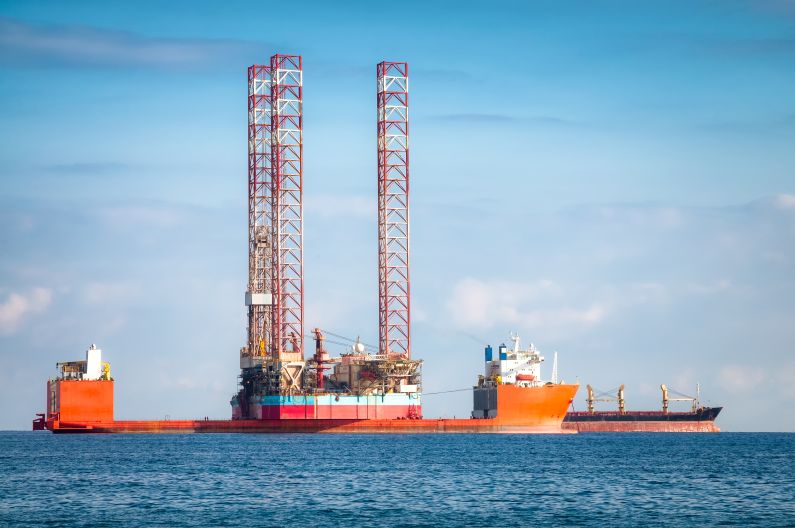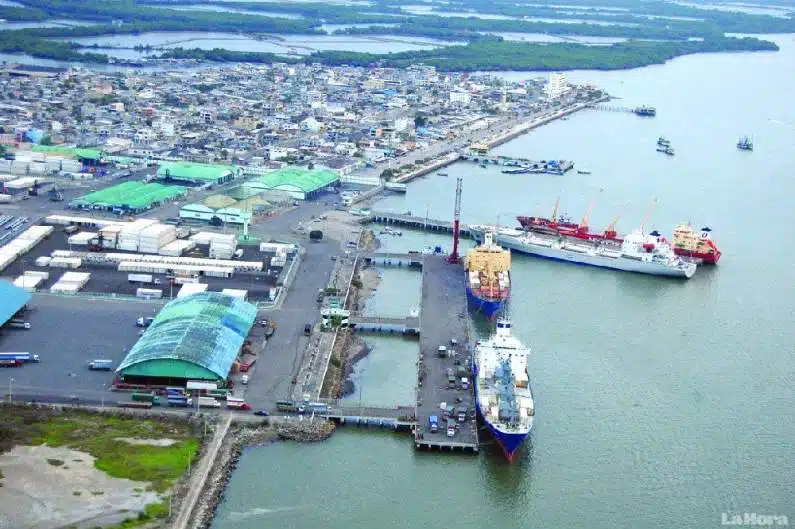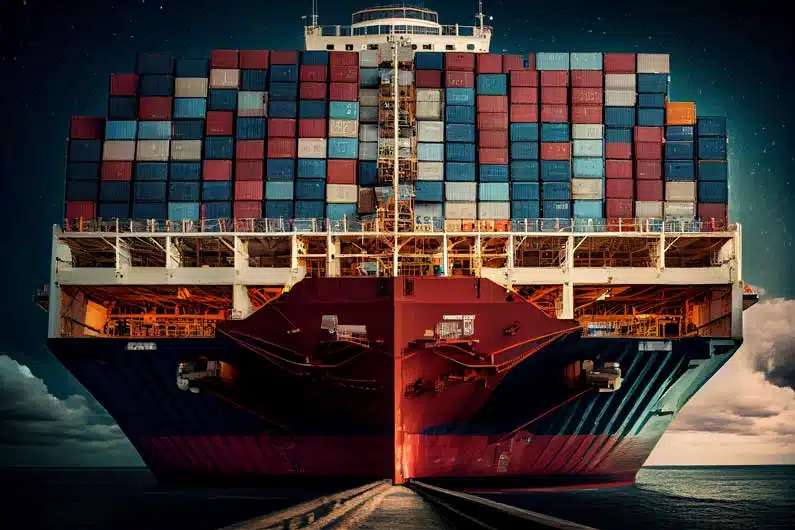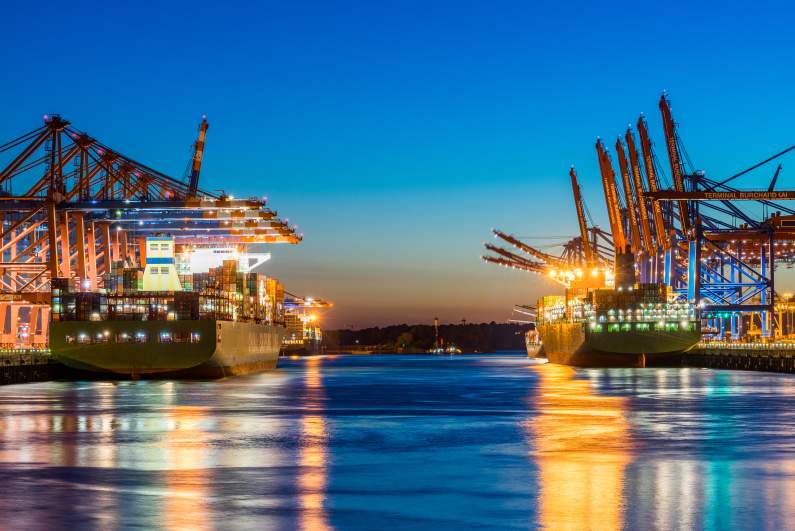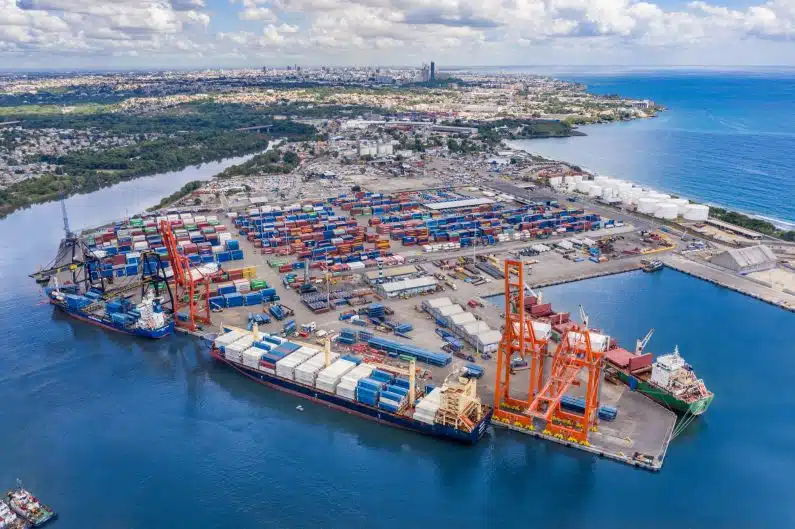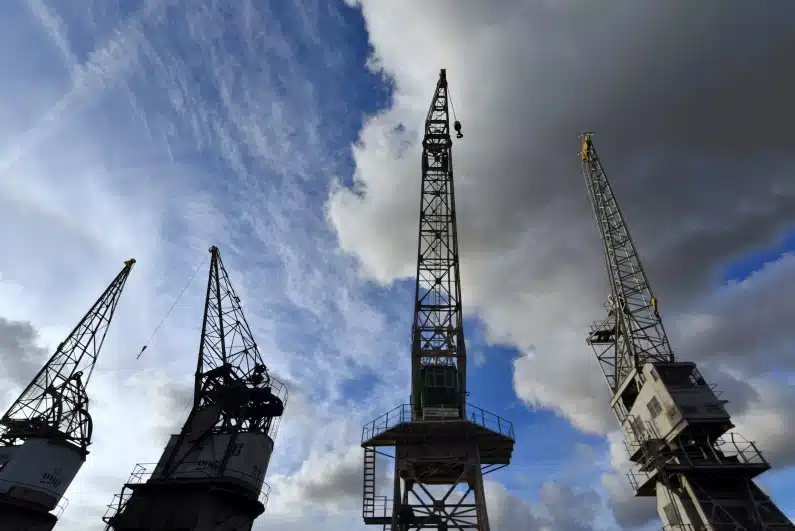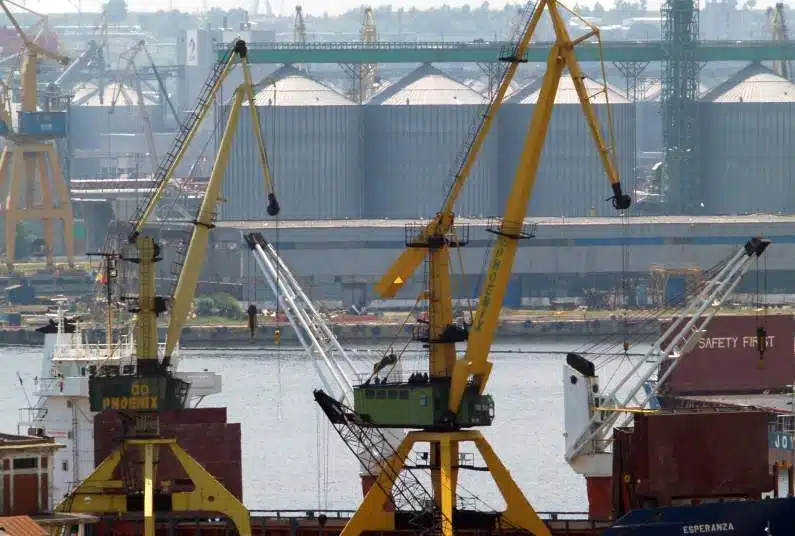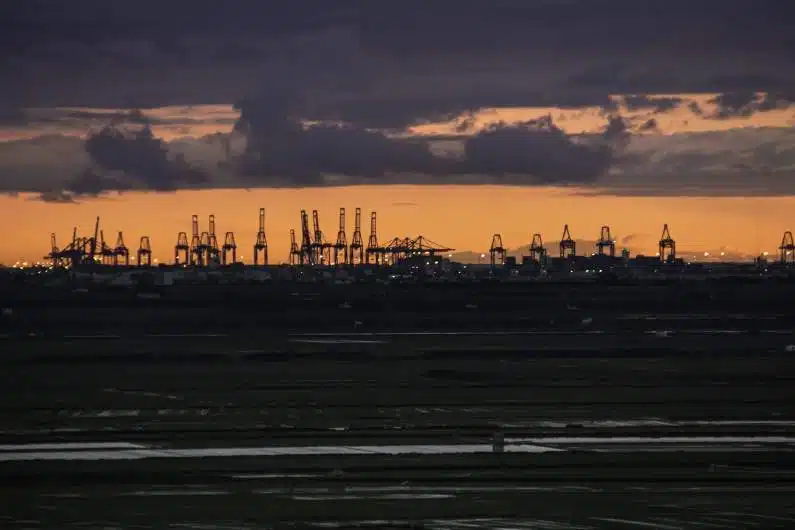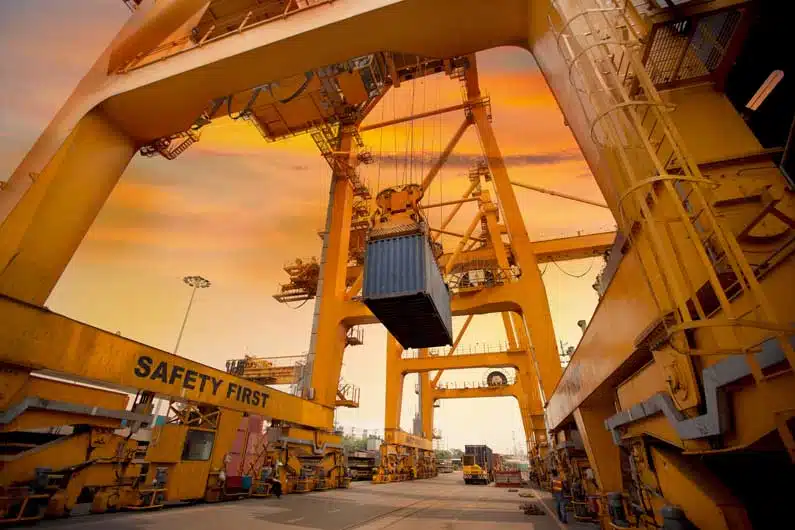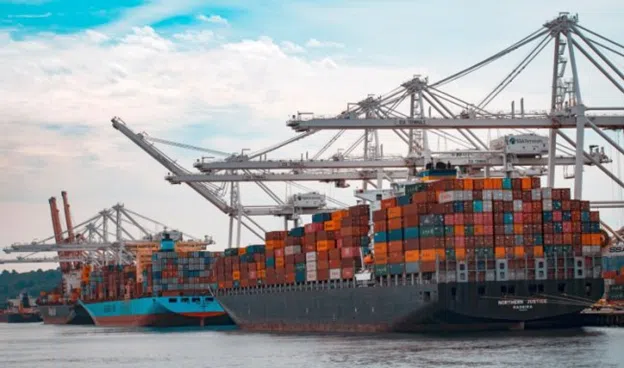The movement of hefty machinery and oil equipment from Houston to Namibia holds significant importance, acting as a catalyst for progress, economic growth, and sustainable development.
Bridging continents and connecting vibrant industries, this shipping process plays a pivotal role in meeting the infrastructure and energy demands of both regions.
From powering construction projects to supporting vital sectors, such as oil and gas, shipping to Namibia serves as a lifeline, fueling the engines of innovation and prosperity.
The Significance of Shipping to Namibia
Economic Growth
In Namibia, a country blessed with vast natural resources and a burgeoning economy, the arrival of heavy equipment and oil machinery from Houston lays the foundation for transformative infrastructure projects.
Whether it’s the construction of highways, and railways, or the development of commercial and residential complexes, these colossal assets provide the tools necessary to shape a modern and connected nation.
By facilitating the transfer of cutting-edge machinery, shipping acts as a conduit for progress, enabling Namibia to build a sustainable and resilient future.
Vital Energy Resources
Moreover, the significance of heavy equipment and oil machinery shipping to Namibia extends to the country’s thriving energy sector.
As an emerging player in the global oil and gas industry, Namibia relies on the arrival of specialized machinery from Houston to unlock its vast offshore hydrocarbon potential.
From drilling rigs and offshore platforms to refineries and processing facilities, the transport of oil machinery ensures the efficient extraction, production, and distribution of vital energy resources.
This not only fuels domestic energy requirements but also drives export opportunities, fostering economic diversification and foreign investment.
Technology
The reciprocal flow of heavy equipment and oil machinery from Namibia back to Houston reinforces the interconnectedness of these two regions. As Namibia’s economy grows, so does its demand for technology, equipment, and expertise.
By exporting locally manufactured heavy equipment and oil machinery to Houston, Namibia strengthens its presence in the global market and contributes to job creation and economic resilience.
The return journey of these assets nurtures a symbiotic relationship, fostering collaboration, knowledge exchange, and the mutual growth of industries.
Infrastructure
The significance of heavy equipment and oil machinery shipping to Namibia from Houston and back extends beyond the realms of infrastructure and energy.
It serves as a testament to the interconnectedness of the global economy and the facilitation of international trade.
As these colossal assets traverse vast distances, they not only strengthen bilateral relations but also promote cultural exchange and mutual understanding between the people of Houston and Namibia.
The Process of Shipping to Namibia
In a world interconnected by trade and commerce, the shipping industry plays a crucial role in facilitating the exchange of goods across continents.
This is particularly evident in the intricate process of transporting heavy equipment and oil machinery between the bustling city of Houston, Texas, and the vast landscapes of Namibia.
Spanning thousands of miles, this logistical feat requires meticulous planning, advanced infrastructure, and an unwavering commitment to efficiency.
Let us delve into the journey of these colossal assets, as they bridge continents and foster economic growth.
Navigating the Global Supply Chain
The process of heavy equipment and oil machinery shipping to Namibia from Houston begins with meticulous coordination and logistics.
Companies specializing in heavy equipment shipping meticulously plan the route, taking into account factors such as distance, vessel availability, and local regulations.
Collaborating with freight forwarders, shipping lines, and customs agents, ensures compliance with international trade laws and optimizes the transportation process, especially when shipping to Namibia and other foreign countries.
Securing the Equipment
Before embarking on the transoceanic voyage, heavy equipment and oil machinery must be prepared for shipping to Namibia.
This involves thorough inspections, disassembling components if necessary, and securely packaging them to withstand the rigors of long-distance travel. Skilled technicians meticulously dismantle large machinery, ensuring proper labeling and documentation to facilitate reassembly at the destination.
Additionally, equipment may require specialized crating or packaging to provide adequate protection against the elements and handling during transportation.
Containerization and Loading
Once packaged, the heavy equipment and oil machinery are typically containerized to ensure their safe transport.
Containers protect from the elements, secure fastening, and facilitate ease of handling during loading and unloading.
Expertly trained workers use cranes, forklifts, and specialized equipment to carefully load the containers onto cargo ships, maximizing space utilization while ensuring stability and balance for the long-haul shipping to Namibia.
This stage demands precision to avoid damage and to optimize space, as multiple containers may be required to accommodate the size and weight of the equipment.
Maritime Voyage and Documentation
With the heavy equipment and oil machinery safely loaded onto cargo vessels, they embark on a transoceanic voyage across the Atlantic, bound for the ports of Namibia.
This journey can take several weeks, during which time the vessels navigate the vast expanse of the ocean, overcoming various weather conditions and maritime challenges.
Throughout the voyage, shipping companies closely monitor the progress of the shipment, maintaining regular communication with the vessel’s crew to ensure smooth operations.
Simultaneously, a comprehensive set of shipping documents, including bills of lading, customs declarations, and insurance papers, are meticulously prepared and managed.
These documents serve as a vital link between the exporter, shipping company, and customs authorities, facilitating the smooth transition of the cargo through ports and customs clearance processes.
Port Handling and Customs Clearance
Upon arrival in Namibia, the heavy equipment and oil machinery undergo a series of processes to clear customs and ensure compliance with local regulations.
Trained personnel, including customs agents and port authorities, meticulously inspect the cargo, verifying the accuracy of documentation, and assessing any applicable duties or taxes.
This stage requires collaboration between various stakeholders to expedite the process and minimize delays.
Transportation to Final Destination
Once the heavy equipment and oil machinery have cleared customs, they continue their journey from the Namibian port to their final destination.
This involves careful planning and coordination to transport the cargo overland, utilizing specialized trailers and equipment for the transportation of oversized and heavy loads.
Shipping to Namibia doesn’t end there. Skilled drivers then navigate challenging terrains, ensuring the safe and timely arrival of the equipment to its intended location.
Why Texas International Freight
When it comes to heavy equipment and oil machinery shipping to Namibia from Houston and vice versa, choosing Texas International Freight is a decision that ensures reliability, expertise, and seamless logistics.
With its extensive experience in the industry, Texas International Freight has established itself as a trusted partner, offering comprehensive solutions tailored to the unique requirements of such specialized cargo.
Our team of professionals possesses in-depth knowledge of the shipping process, customs regulations, and documentation, guaranteeing a smooth and hassle-free experience for their customers.
Texas International Freight’s commitment to customer satisfaction is evident through our meticulous planning, attention to detail, and dedication to meeting deadlines.
By choosing Texas International Freight, customers can have peace of mind, knowing that their valuable equipment will be handled with care, transported securely, and delivered promptly to their desired destination.
Forging Global Links
The process of heavy equipment and oil machinery shipping to Namibia from Houston and back is a testament to the global interconnectivity and logistical prowess of the modern world.
Through meticulous planning, expertise, and collaboration between various stakeholders, these colossal assets traverse vast distances, bridging continents, and fueling economic growth.
As the wheels of commerce keep turning, the shipping industry remains a vital facilitator, connecting nations and propelling progress across borders.

